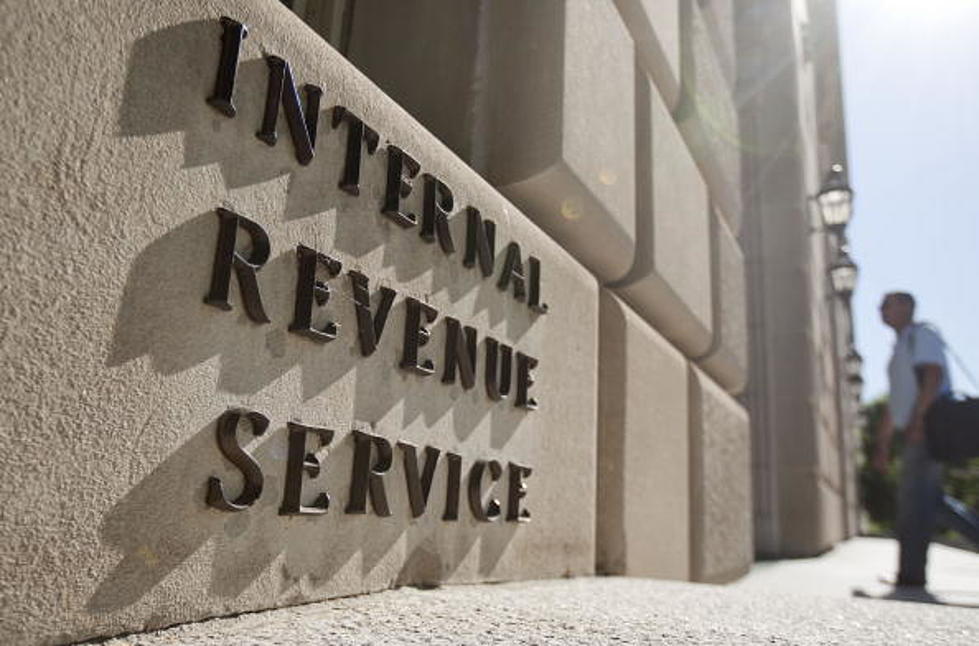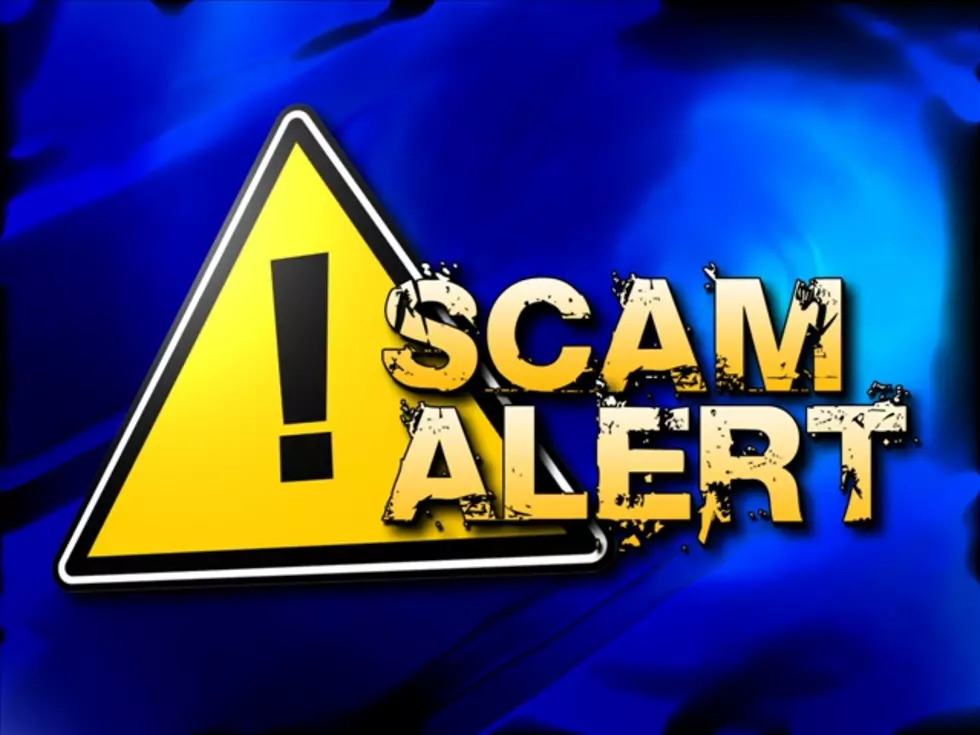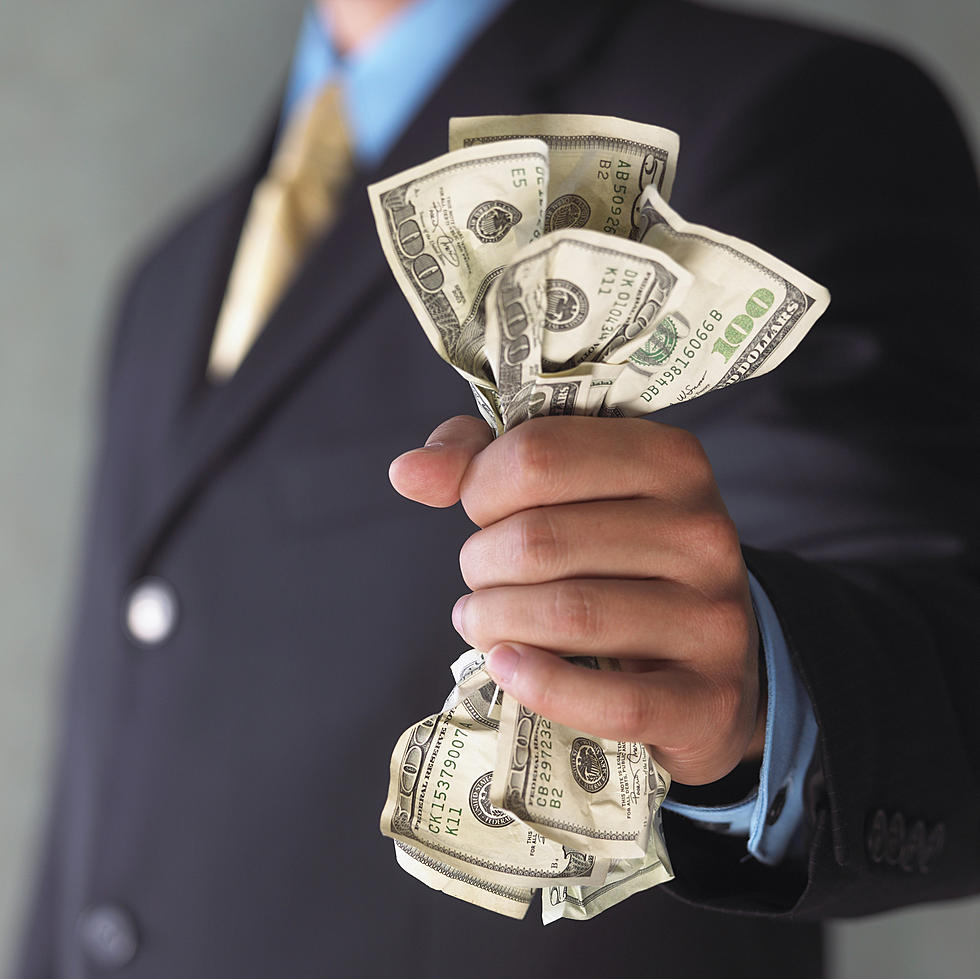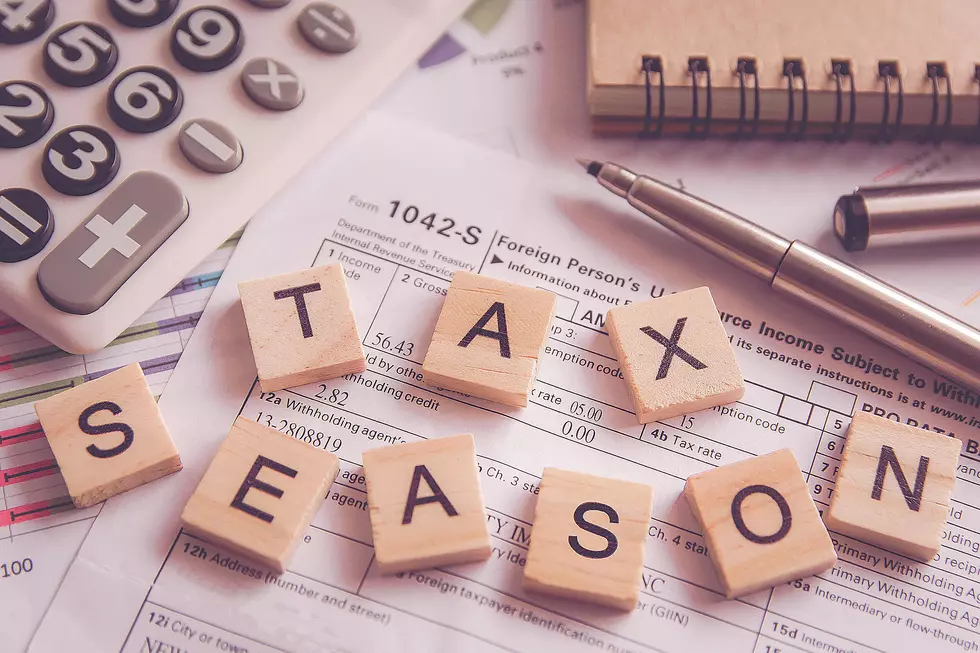
IRS Says With New Checks Come Old Scams
The scammers are busy in the Yakima Valley. Did you get your $1,400?
The third stimulus check for $1,400 has been distributed to many Americans and that's led to unprecedented online scams according to the internal revenue service. Many of the same concerns and warnings the IRS issued during the second stimulus are exactly the same as the third.
The IRS says residents should be on alert for the most common scams currently being used.
The Federal Trade Commission has received more than 340,668 reports of fraud relating to Coronavirus, costing victims more than $321 million as of February 3 from the second stimulus check. Google reported during the first stimulus it was blocking 18 million scam emails every single day; and 150,000 fraudulent stimulus check sites were launched.
The better business bureau says Americans must be on alert and know how to protect themselves and their money.
common scams...
1) ROBOCALL CHECK SCAMS: The scammer will call pretending to be the IRS and ask for your personal financial information. They will claim they need this to deposit the stimulus check into your account and will also ask for a fee to deposit said check. The truth is, they want your information so that they can pretend to be you and claim the check for themselves. They can also drain your bank account with this information and will keep the fee for themselves for good measure.
How to Avoid: Do not give out any personal information. The government already has your information on file from when you filed your taxes. The stimulus check will either be automatically deposited into your account or you will get it mailed to your house.
2) EMAIL AND TEXT SCAMS: Scammers will send you a phishing email, text message, or message on social media claiming that they are the government. They may email you telling you to click on a link to “verify” information, or text message you a link to fill out an application to receive your check.
How to Avoid: Do not click on any links that are emailed or texted to you. Again, the government already has your information and checks or debit cards are either directly deposited or mailed to you.
3) FAKE WEBSITE: If you click on suspicious links, they will likely take you to fake websites that will download malware onto your device and steal your information to drain your bank account. These sites also contain fake forms so any personal or financial information you provide will go to the scammer.
How to Avoid: Do not go to any website that does not end in “.gov”. There are no non-government websites giving stimulus checks. If you suspect a fake website, get off it immediately and report it.
4) PHONY CHECKS: Scammers have been mailing fake checks that look exactly like the official government-issued paper stimulus checks. Once deposited, the scammers text you pretending to be the government asking for some of the money back claiming too much was sent.
More From 94.5 KATS










